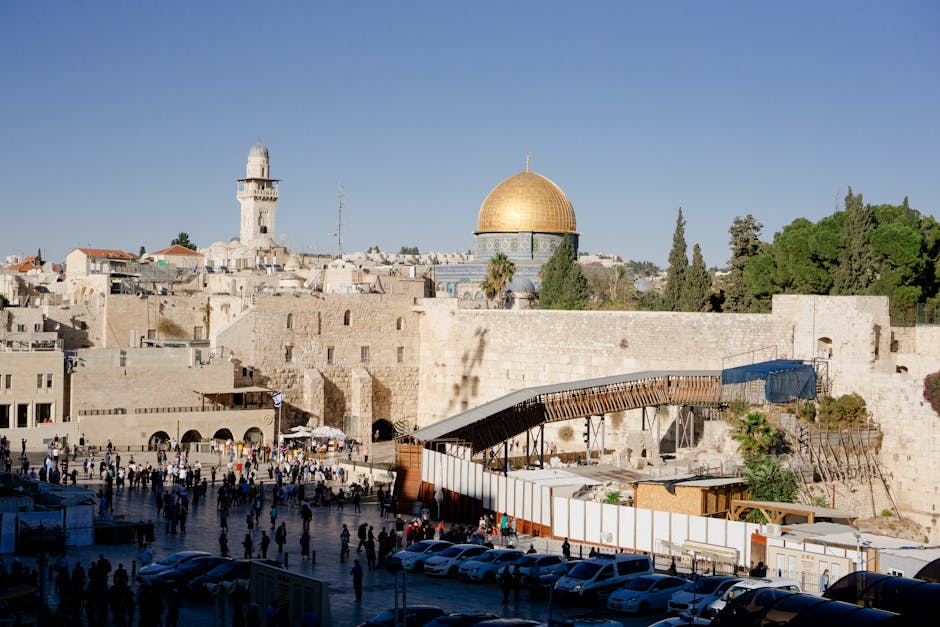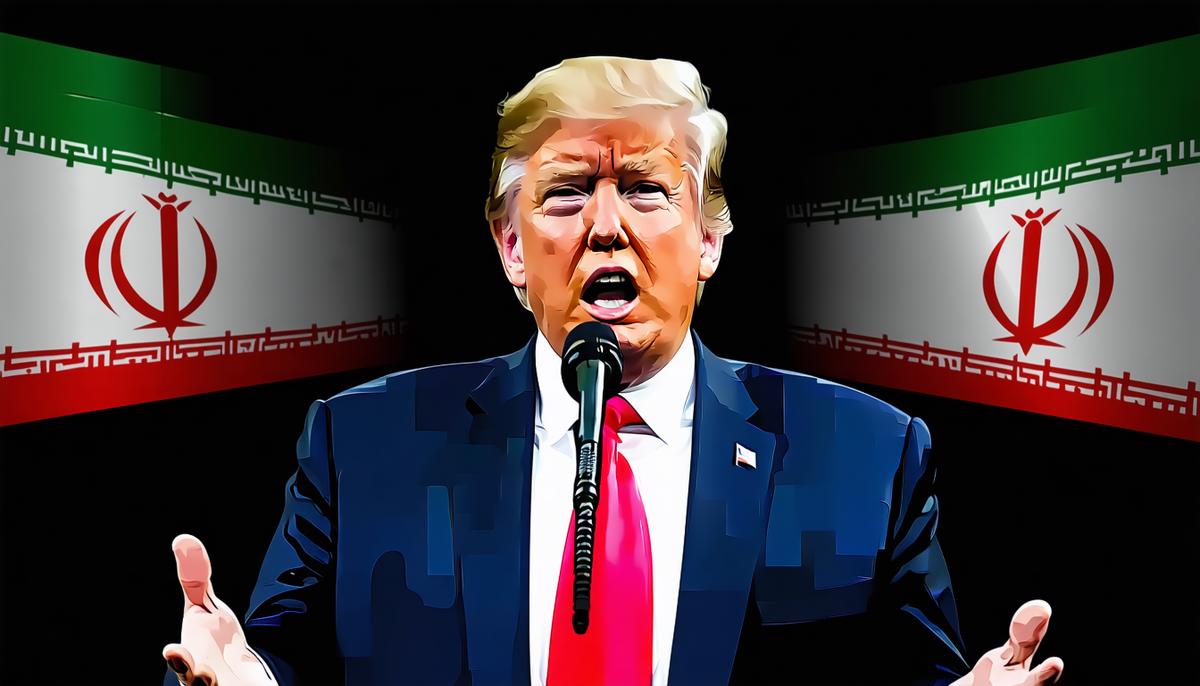Trump's Bold Claims on Middle East Peace
Donald Trump boldly claimed that the tragic events of October 7 wouldn't have happened under his watch. In a well-publicized speech, Trump reiterated his promise of unwavering American strength. He painted a picture where, under his presidency, neither Hamas nor their Iranian backers would dare create such turmoil.
Trump, true to his straightforward style, called for a return to "maximum pressure" on Iran, a strategy he used during his previous term. His approach? Tougher sanctions on Iran, cutting their financial support to groups like Hamas. Trump likened this to "cutting the power cord" to those causing unrest.
Addressing the Israel-Hamas conflict, he emphasized his belief that the best way to achieve peace was through strength, not roundtable discussions. According to Trump, giving Israel what it needs to "finish the job" was the path to peace.
- Trump criticized funding deals that he claimed only benefit Iran
- He suggested negotiating a more favorable deal, though specifics were scarce
- His remarks hinted at potentially involving Iran in a reimagined Abraham Accords
While promising optimism about Israel's future and emphasizing his bond with Israeli leadership, Trump presented himself as the bearer of firm alliances.
Trump's Support for Israel: Actions and Promises
Trump's recognition of Jerusalem as Israel's capital was a headline-grabbing move. Shifting the U.S. embassy there was a bold gesture that resonated worldwide.
"Jerusalem is today, and must remain, a place where Jews pray at the Western Wall, where Christians walk the Stations of the Cross, and where Muslims worship at Al-Aqsa Mosque."
His support for Israel didn't stop with symbolic actions. Trump consistently backed Israel's right to self-defense, ensuring America was Israel's strongest ally. He criticized what he saw as the Biden administration's weaker stance, arguing that anything less than full support for Israel's military efforts was unacceptable.
During his time in office, Trump significantly reduced aid to entities perceived as threats to Israel. This action underscored his commitment to prioritizing Israeli security concerns, and he urged future administrations to follow suit.
As he considers a potential return to the Oval Office, Trump remains committed to reinstating his forceful policy. His message is clear: Peace is the goal, but strength is the method—a promise to act decisively and stand by Israel as a steadfast ally.

Iran's Role and Trump's Strategy
In Middle Eastern politics, Iran has often been cast as a major adversary, a role that Donald Trump has consistently addressed. During his first term, Trump implemented his 'maximum pressure' policy, a series of sanctions designed to constrain Iran. His approach was straightforward—no room for bending the rules.
Trump argued that Iran's financial and military support has empowered groups like Hamas to cause chaos. His solution? To tighten Iran's purse strings, limiting Tehran's ability to fund proxies causing mayhem.
Trump's exit from the Iran nuclear deal was controversial. Some saw it as rejecting a bad agreement, others as an unnecessary risk. Regardless, Trump's message was clear: any deal with Iran needs to be on America's terms.
In his recent speech, Trump hinted at the possibility of Iran joining a revised version of the Abraham Accords. This suggestion caused both intrigue and skepticism—a classic Trump move to keep people guessing.
Trump's Vision for Middle East Stability
Trump knows that to curb Iran's ambitions, America needs to lead with a firm strategy. He promises to:
- Increase pressure through sanctions
- Prevent Iran's nuclear aspirations
- Strengthen alliances to deter Iran's regional interference
His rhetoric emphasizes America's role as a key player in Middle Eastern stability.
With confidence, Trump envisions his administration resuming its place at the helm, putting Iran on notice: back down or face the return of Trump's policies. He promises a mix of diplomacy, strength, and strategy that puts America at the forefront of Middle Eastern affairs.
